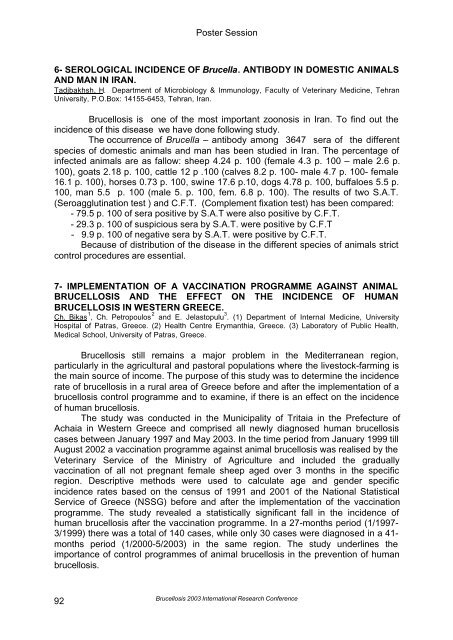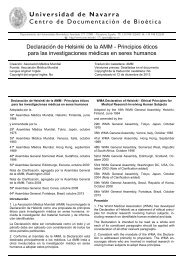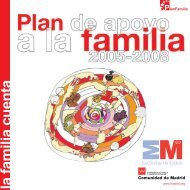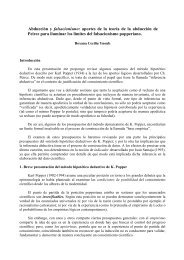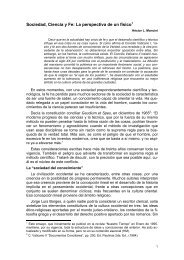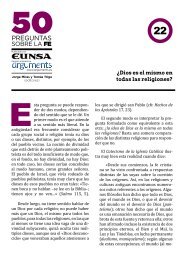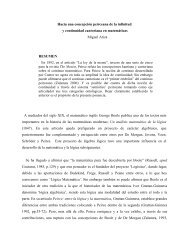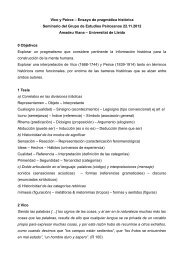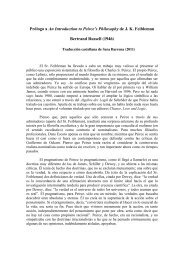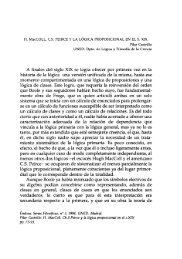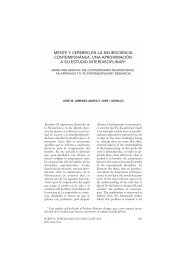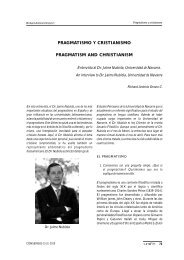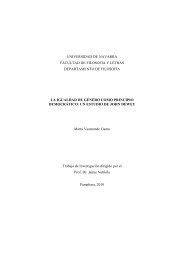Brucellosis 2003 proceedings - PHIDIAS
Brucellosis 2003 proceedings - PHIDIAS
Brucellosis 2003 proceedings - PHIDIAS
Create successful ePaper yourself
Turn your PDF publications into a flip-book with our unique Google optimized e-Paper software.
Poster Session<br />
6- SEROLOGICAL INCIDENCE OF Brucella. ANTIBODY IN DOMESTIC ANIMALS<br />
AND MAN IN IRAN.<br />
Tadjbakhsh, H. Department of Microbiology & Immunology, Faculty of Veterinary Medicine, Tehran<br />
University, P.O.Box: 14155-6453, Tehran, Iran.<br />
<strong>Brucellosis</strong> is one of the most important zoonosis in Iran. To find out the<br />
incidence of this disease we have done following study.<br />
The occurrence of Brucella – antibody among 3647 sera of the different<br />
species of domestic animals and man has been studied in Iran. The percentage of<br />
infected animals are as fallow: sheep 4.24 p. 100 (female 4.3 p. 100 – male 2.6 p.<br />
100), goats 2.18 p. 100, cattle 12 p .100 (calves 8.2 p. 100- male 4.7 p. 100- female<br />
16.1 p. 100), horses 0.73 p. 100, swine 17.6 p.10, dogs 4.78 p. 100, buffaloes 5.5 p.<br />
100, man 5.5 p. 100 (male 5. p. 100, fem. 6.8 p. 100). The results of two S.A.T.<br />
(Seroagglutination test ) and C.F.T. (Complement fixation test) has been compared:<br />
- 79.5 p. 100 of sera positive by S.A.T were also positive by C.F.T.<br />
- 29.3 p. 100 of suspicious sera by S.A.T. were positive by C.F.T<br />
- 9.9 p. 100 of negative sera by S.A.T. were positive by C.F.T.<br />
Because of distribution of the disease in the different species of animals strict<br />
control procedures are essential.<br />
7- IMPLEMENTATION OF A VACCINATION PROGRAMME AGAINST ANIMAL<br />
BRUCELLOSIS AND THE EFFECT ON THE INCIDENCE OF HUMAN<br />
BRUCELLOSIS IN WESTERN GREECE.<br />
Ch. Bikas 1 , Ch. Petropoulos 2 and E. Jelastopulu 3 . (1) Department of Internal Medicine, University<br />
Hospital of Patras, Greece. (2) Health Centre Erymanthia, Greece. (3) Laboratory of Public Health,<br />
Medical School, University of Patras, Greece.<br />
<strong>Brucellosis</strong> still remains a major problem in the Mediterranean region,<br />
particularly in the agricultural and pastoral populations where the livestock-farming is<br />
the main source of income. The purpose of this study was to determine the incidence<br />
rate of brucellosis in a rural area of Greece before and after the implementation of a<br />
brucellosis control programme and to examine, if there is an effect on the incidence<br />
of human brucellosis.<br />
The study was conducted in the Municipality of Tritaia in the Prefecture of<br />
Achaia in Western Greece and comprised all newly diagnosed human brucellosis<br />
cases between January 1997 and May <strong>2003</strong>. In the time period from January 1999 till<br />
August 2002 a vaccination programme against animal brucellosis was realised by the<br />
Veterinary Service of the Ministry of Agriculture and included the gradually<br />
vaccination of all not pregnant female sheep aged over 3 months in the specific<br />
region. Descriptive methods were used to calculate age and gender specific<br />
incidence rates based on the census of 1991 and 2001 of the National Statistical<br />
Service of Greece (NSSG) before and after the implementation of the vaccination<br />
programme. The study revealed a statistically significant fall in the incidence of<br />
human brucellosis after the vaccination programme. In a 27-months period (1/1997-<br />
3/1999) there was a total of 140 cases, while only 30 cases were diagnosed in a 41-<br />
months period (1/2000-5/<strong>2003</strong>) in the same region. The study underlines the<br />
importance of control programmes of animal brucellosis in the prevention of human<br />
brucellosis.<br />
92<br />
<strong>Brucellosis</strong> <strong>2003</strong> International Research Conference


